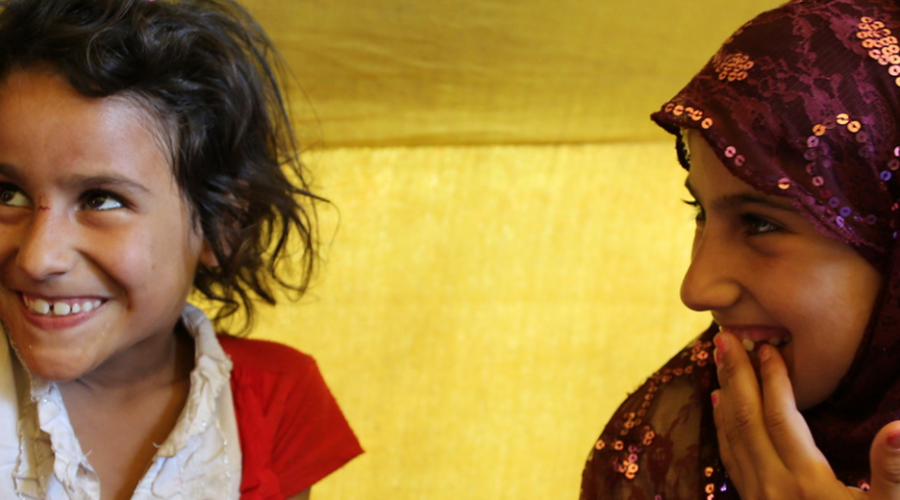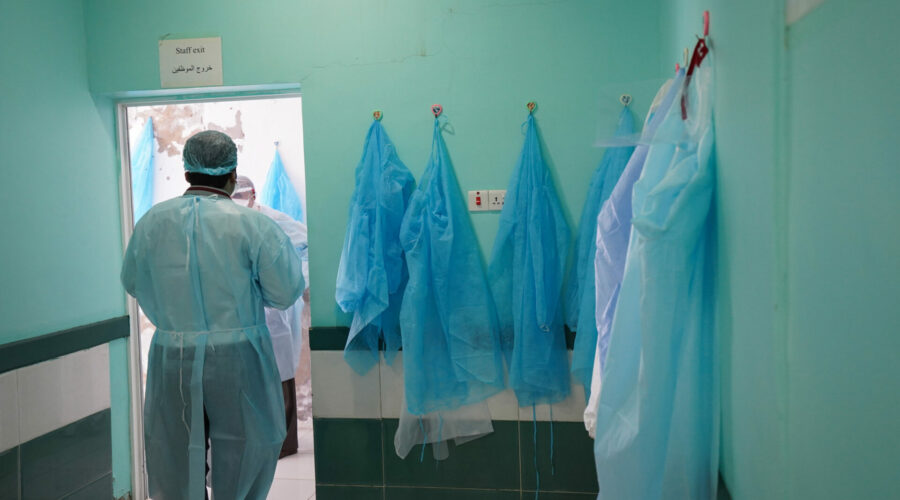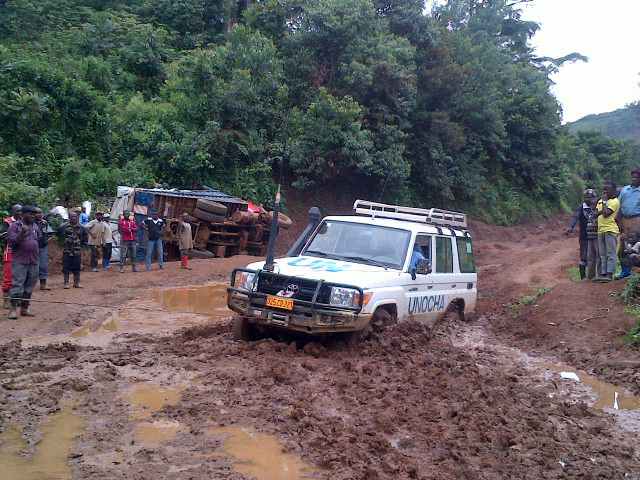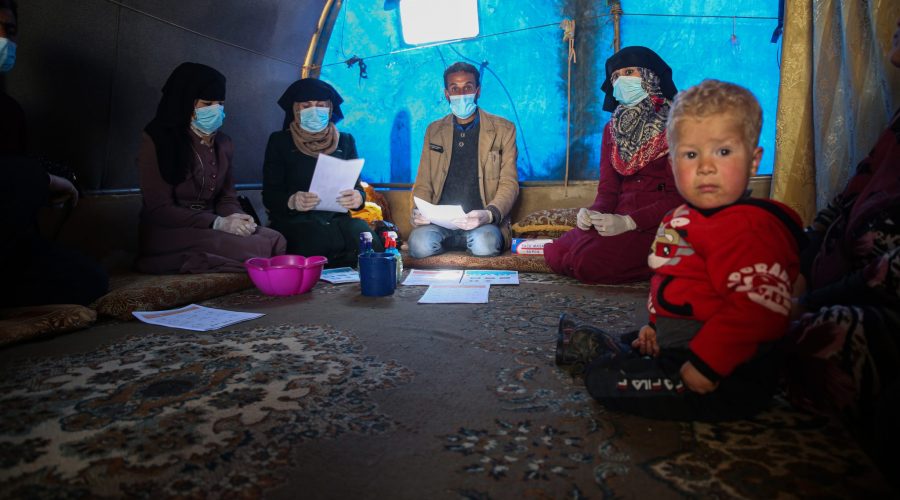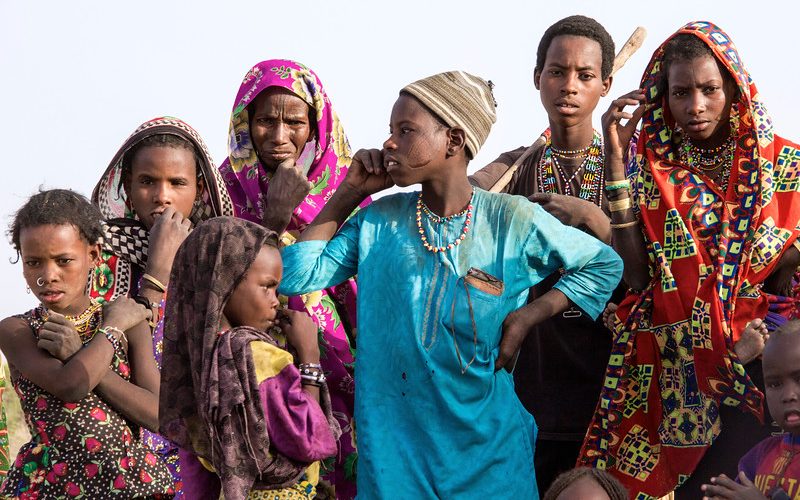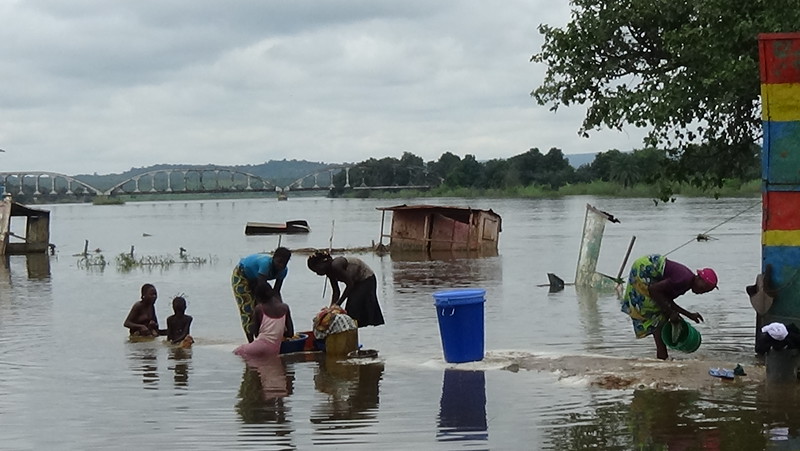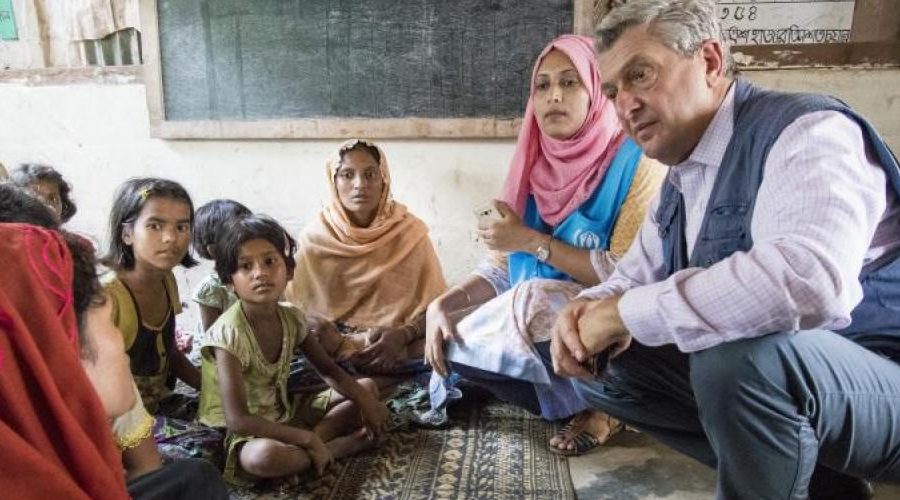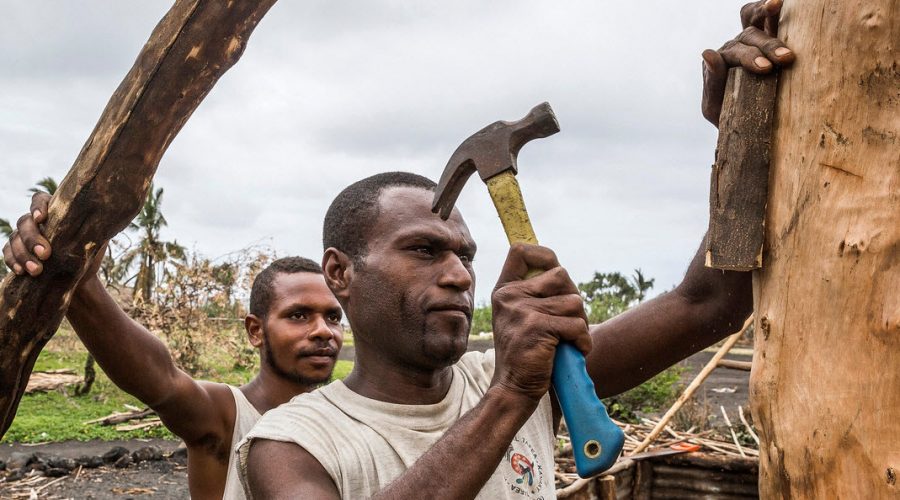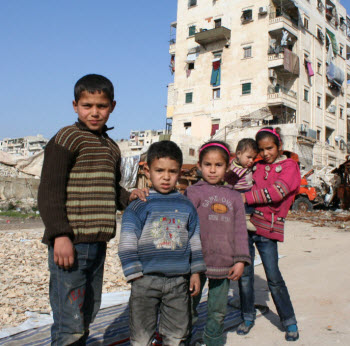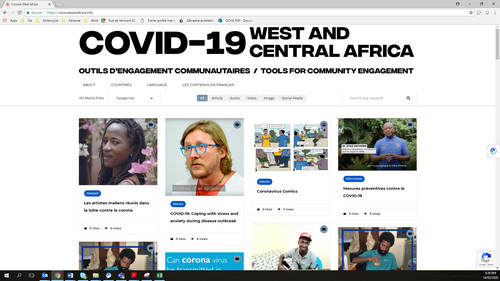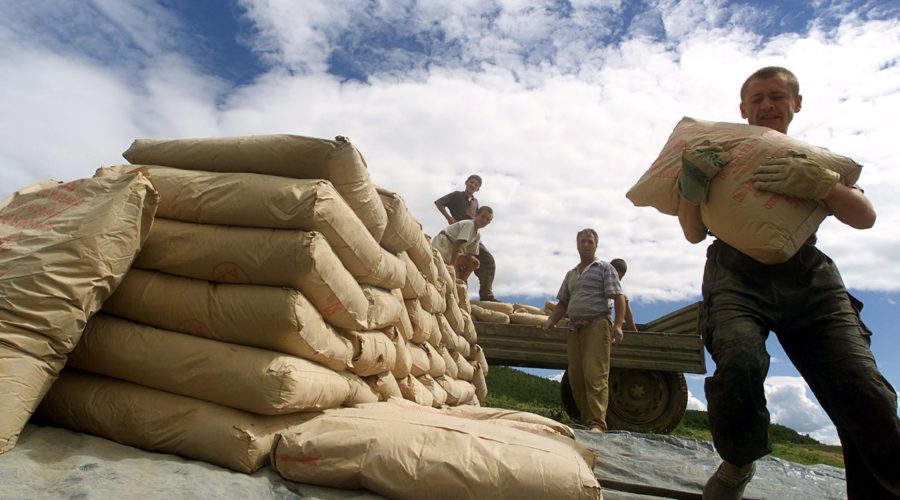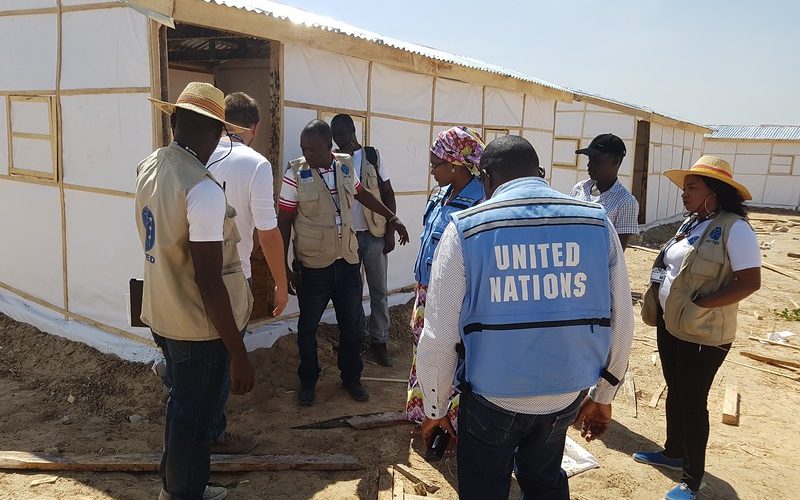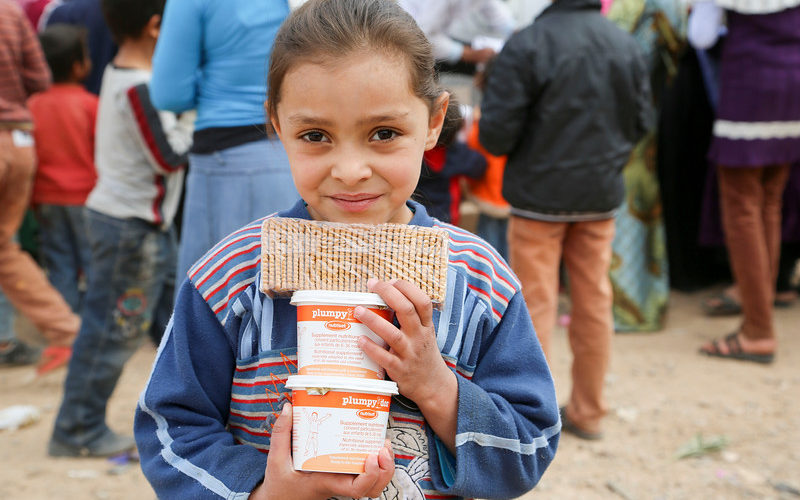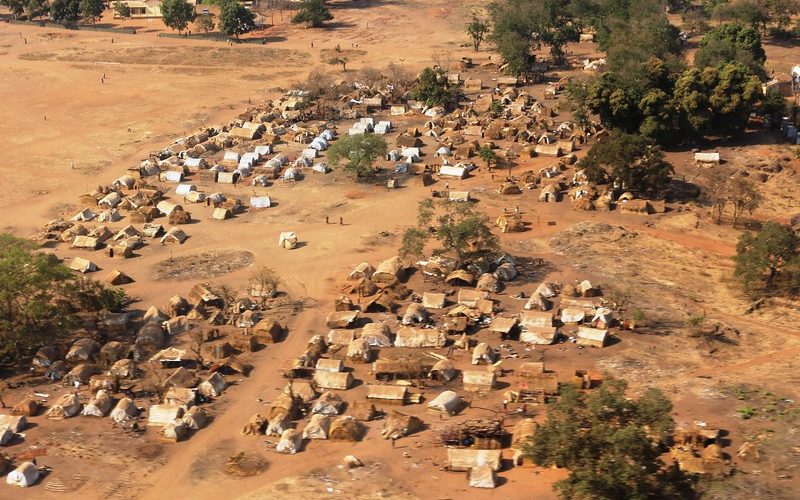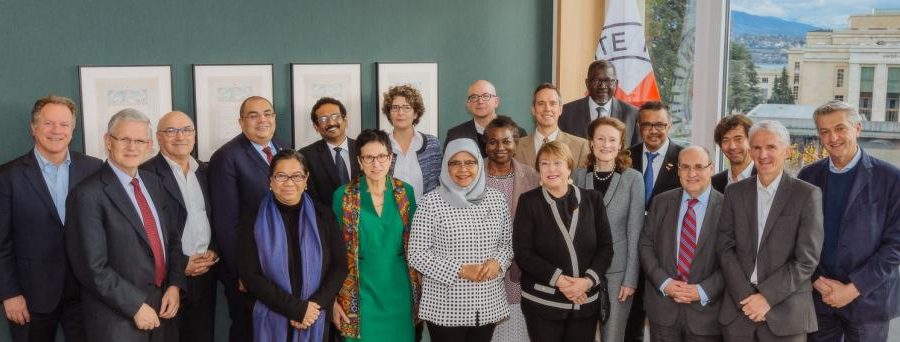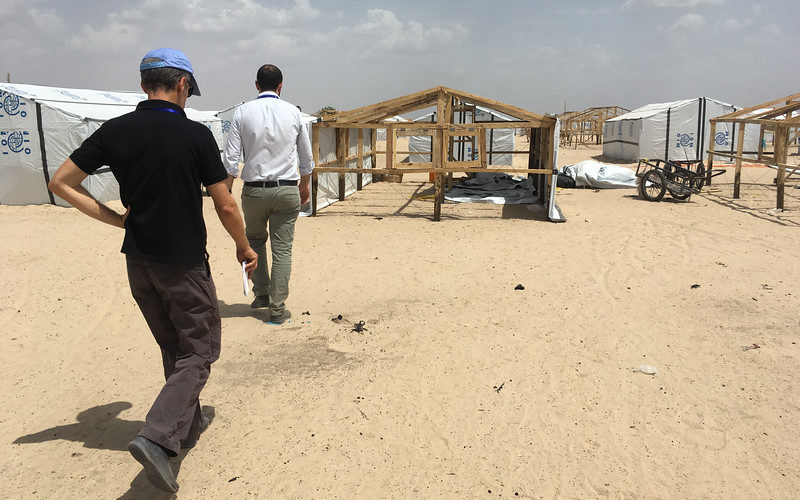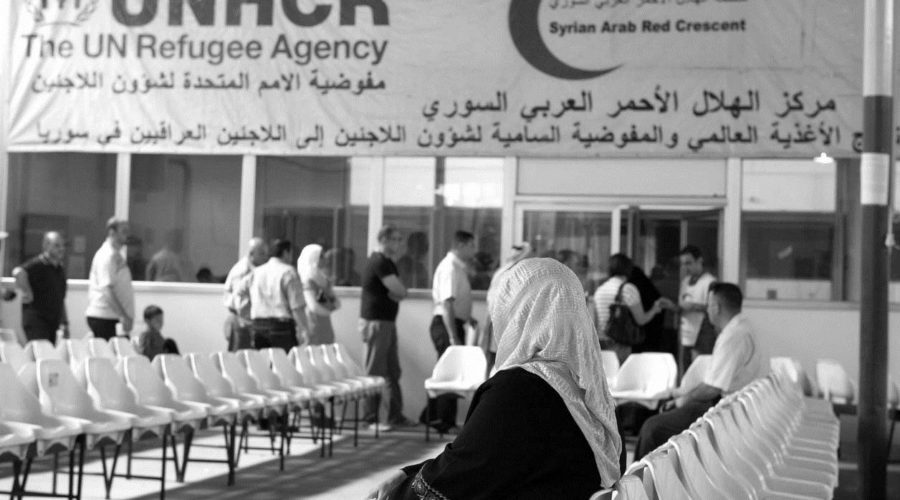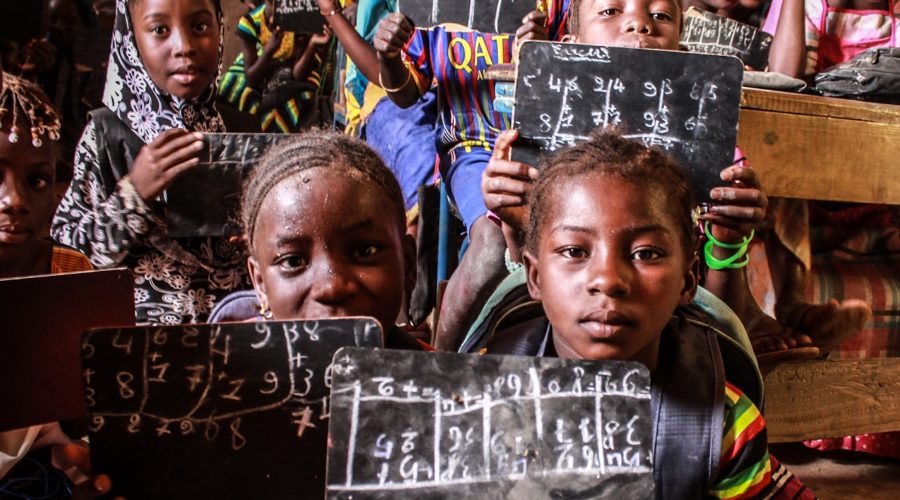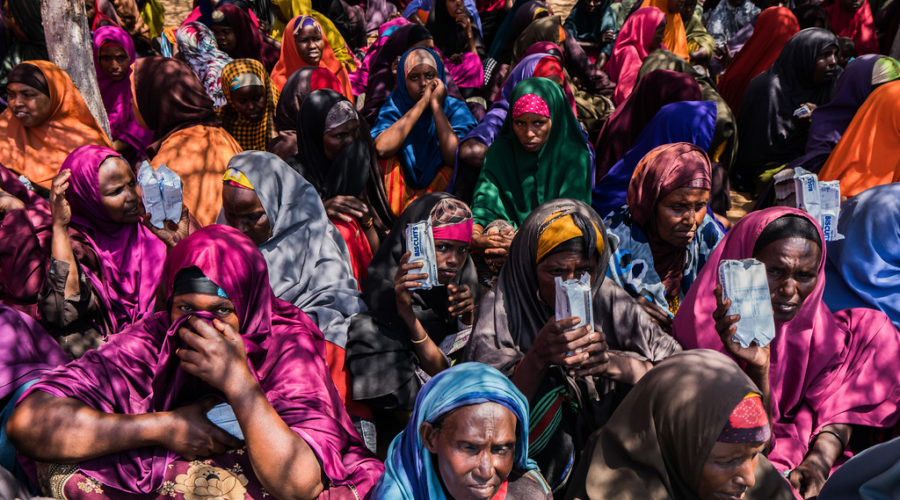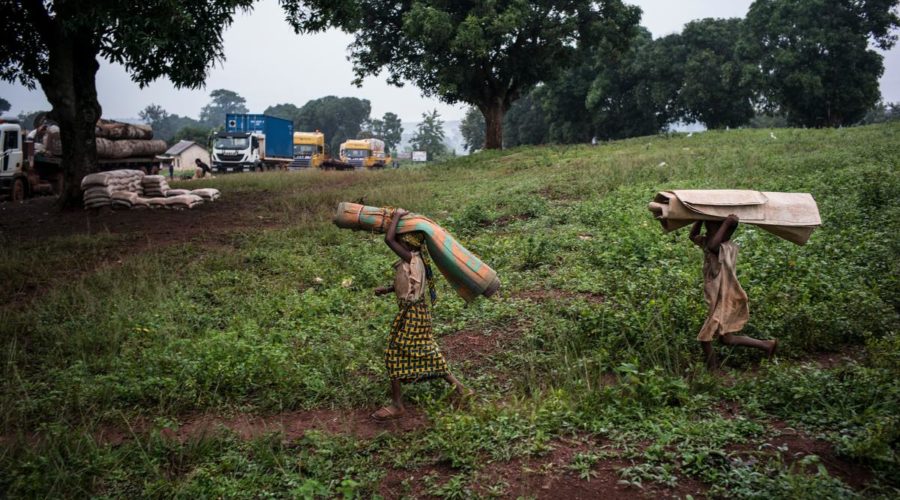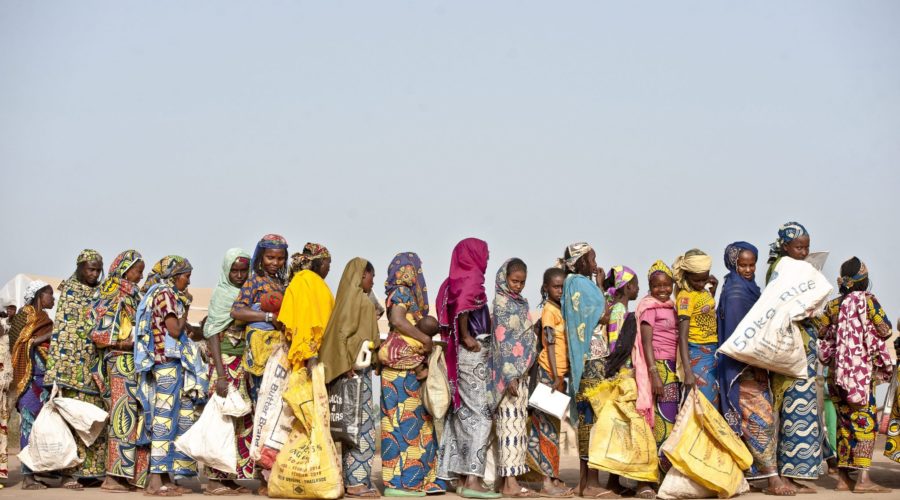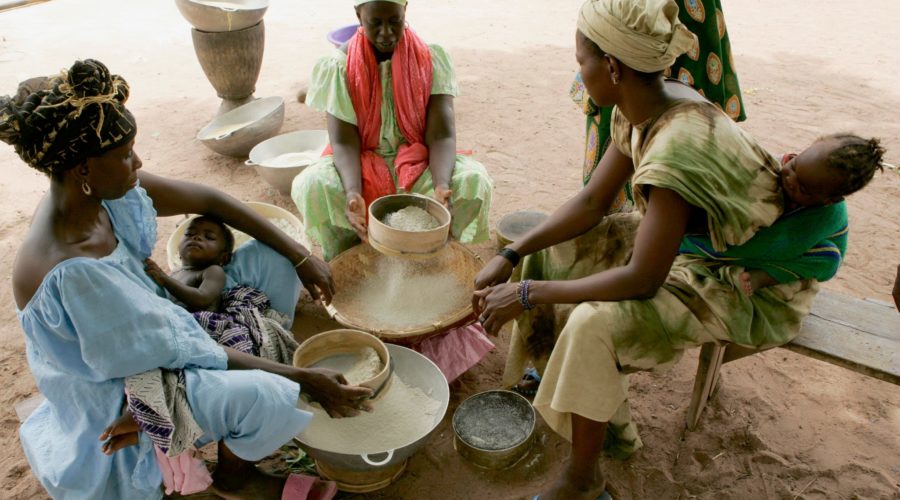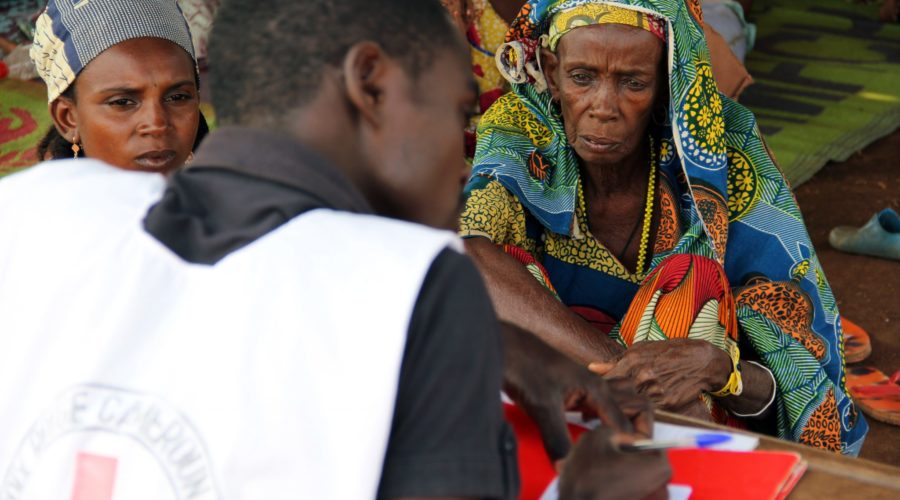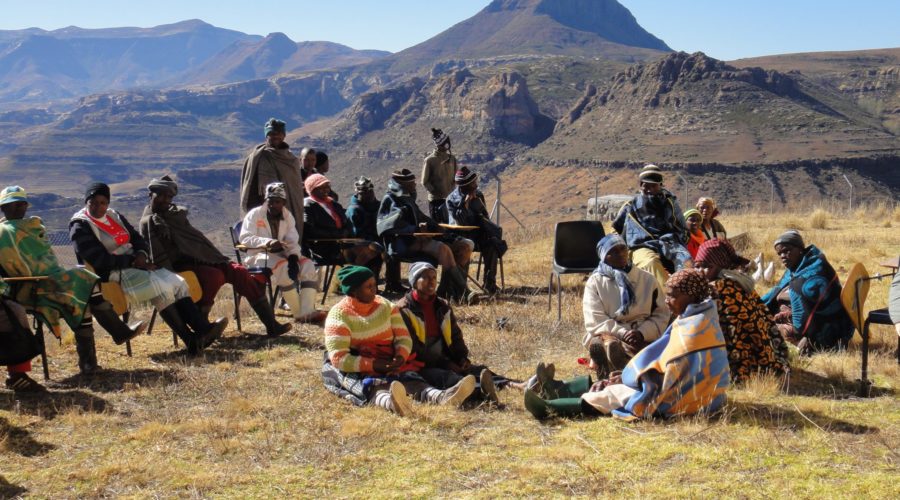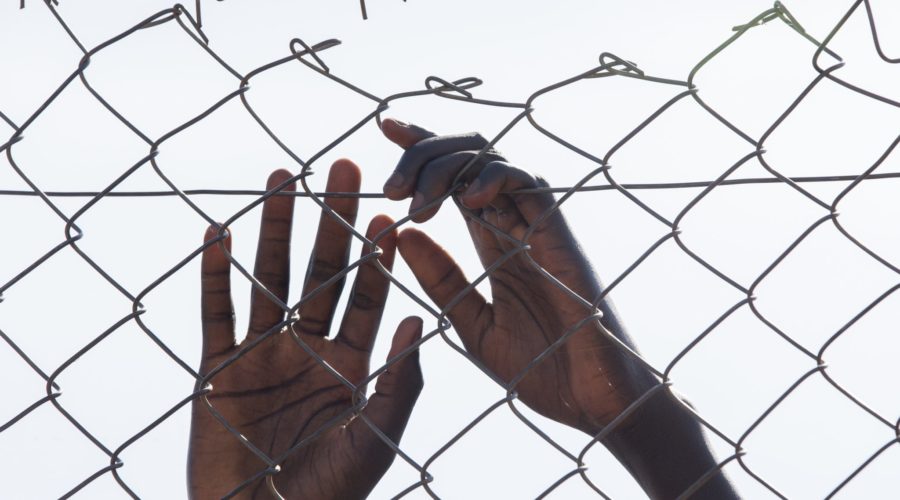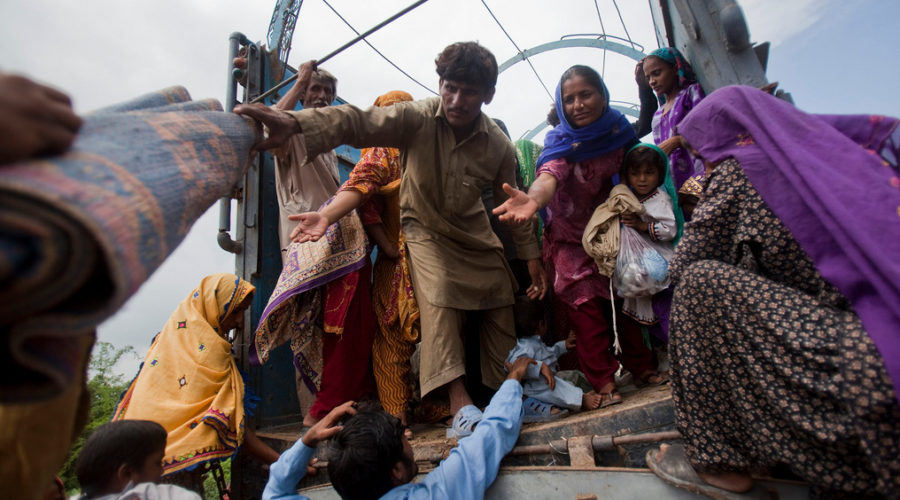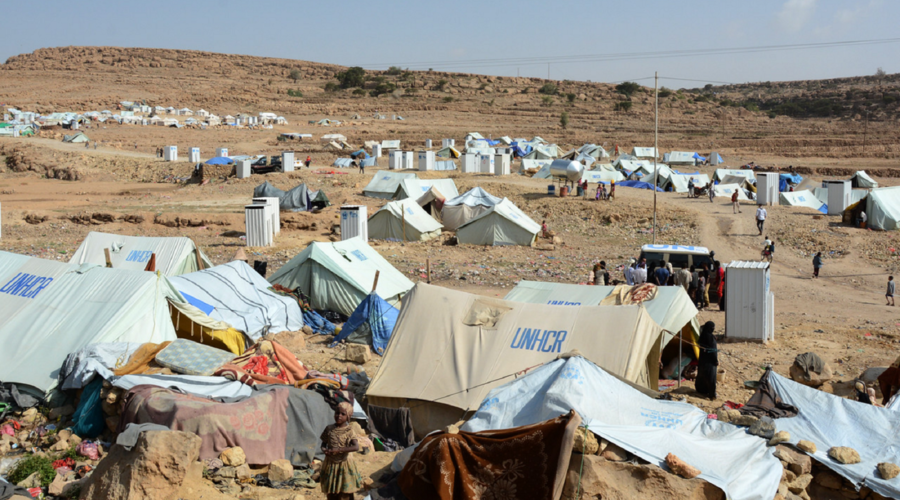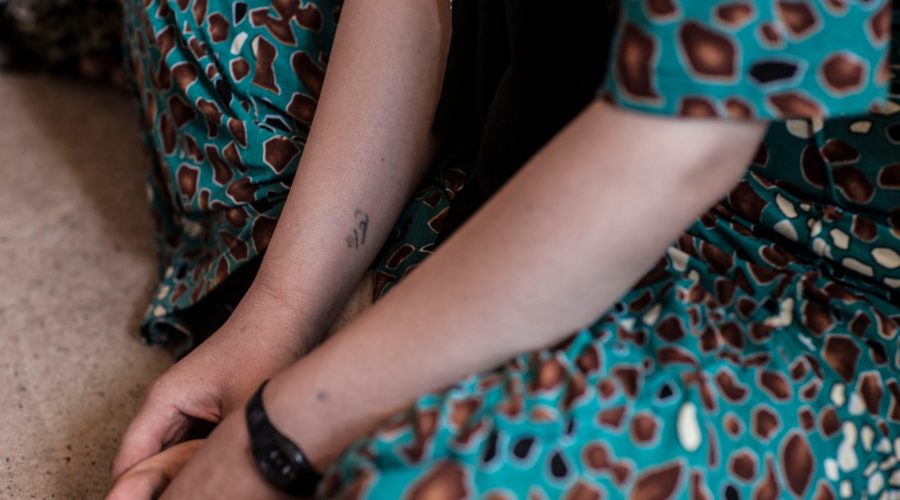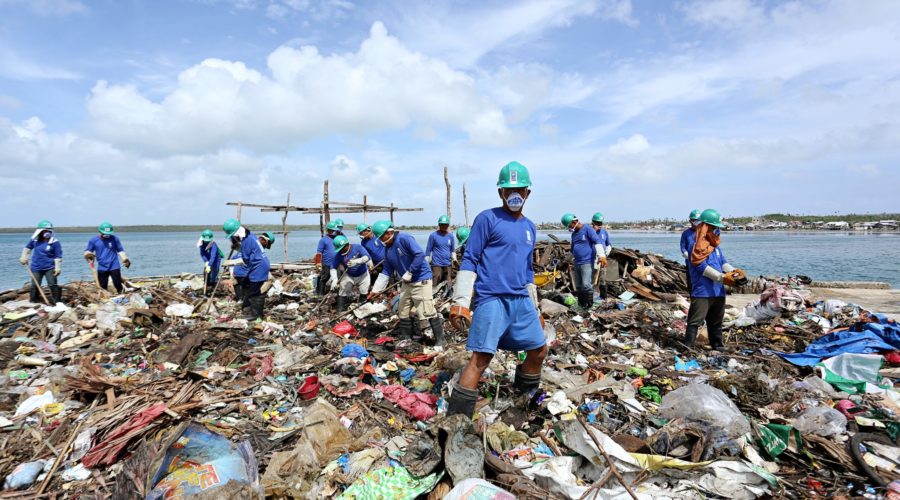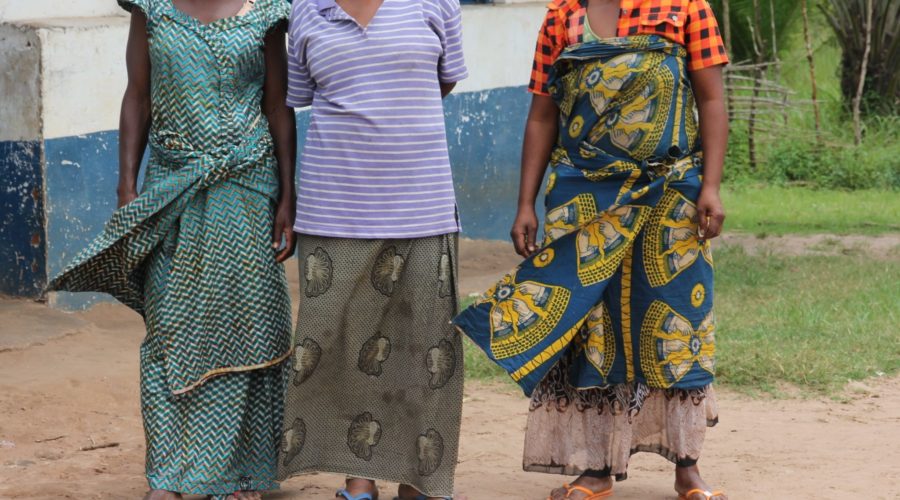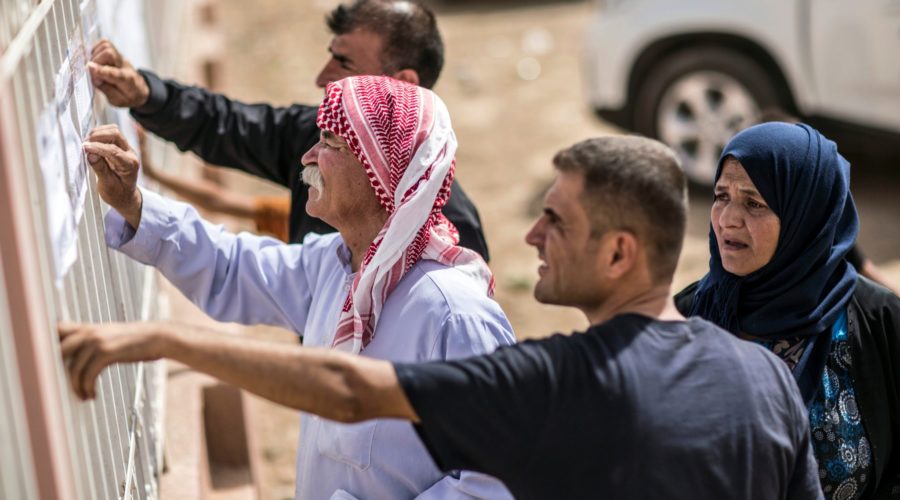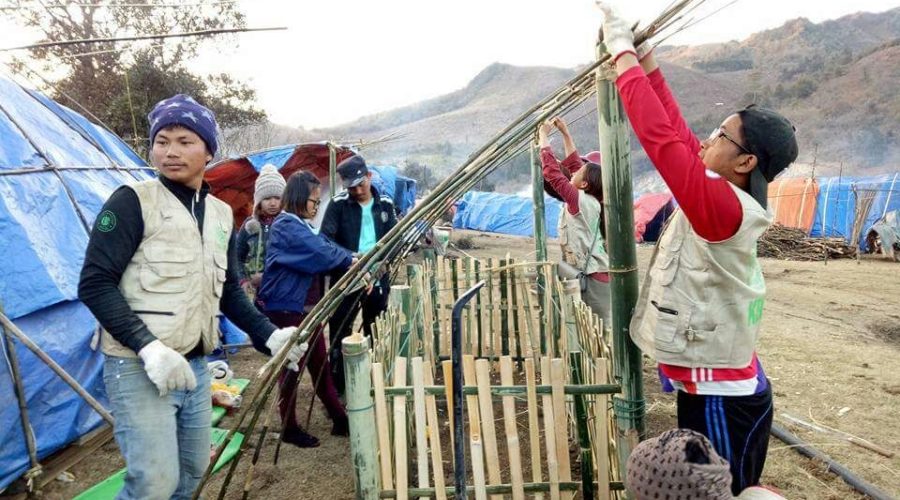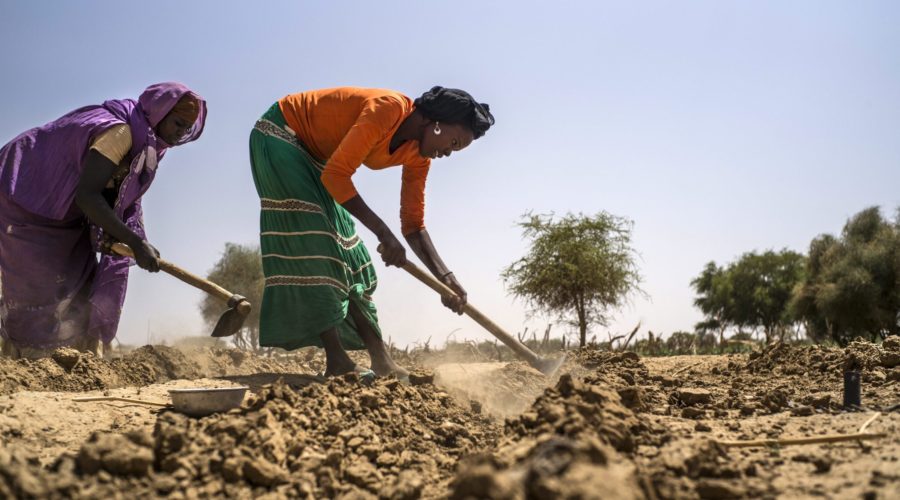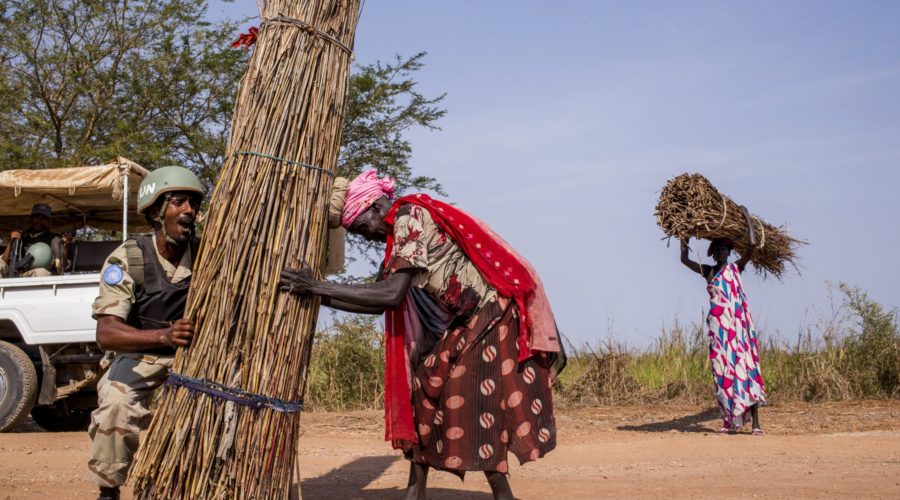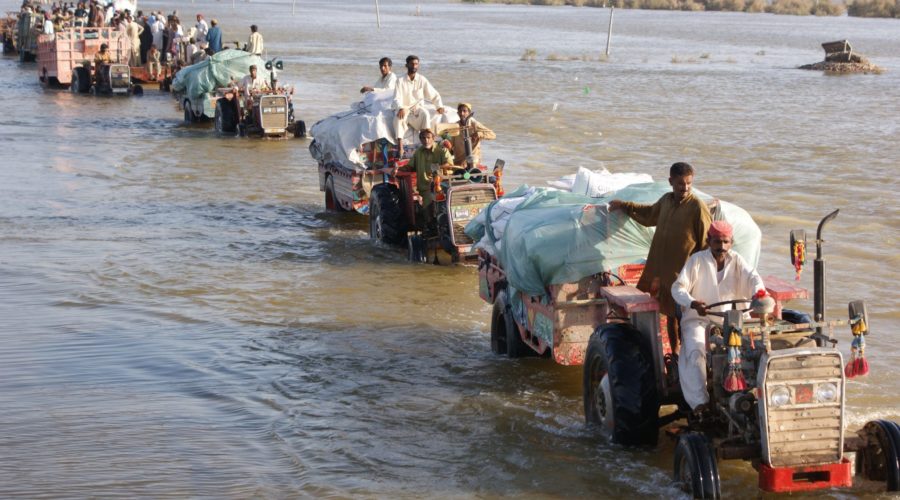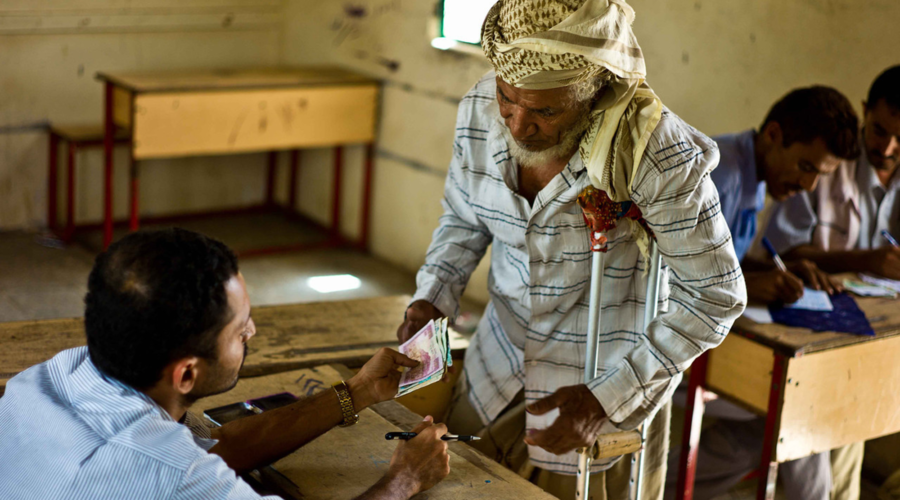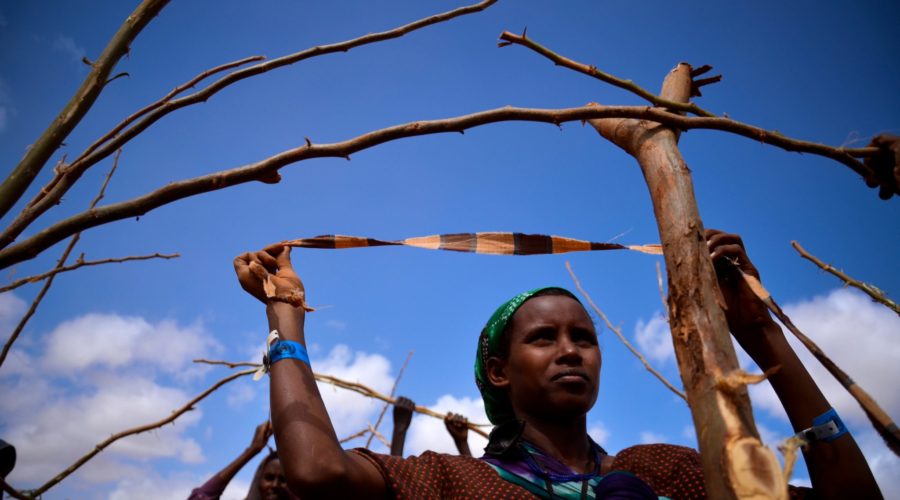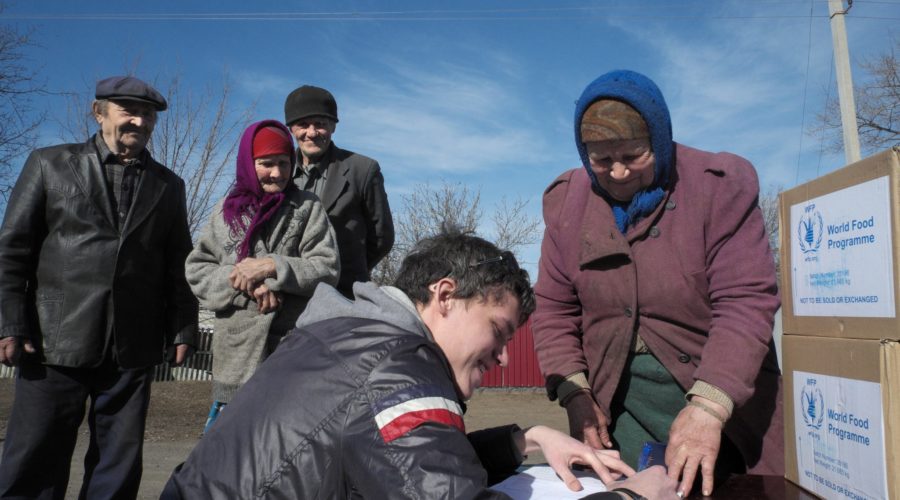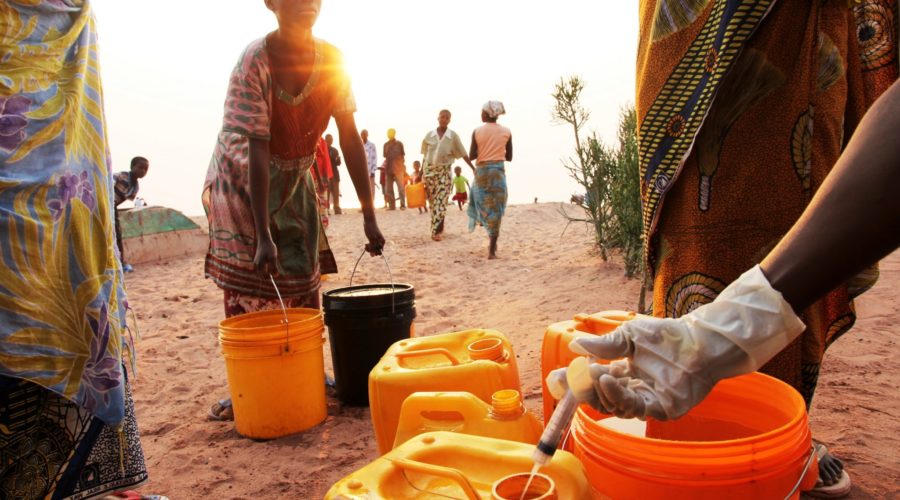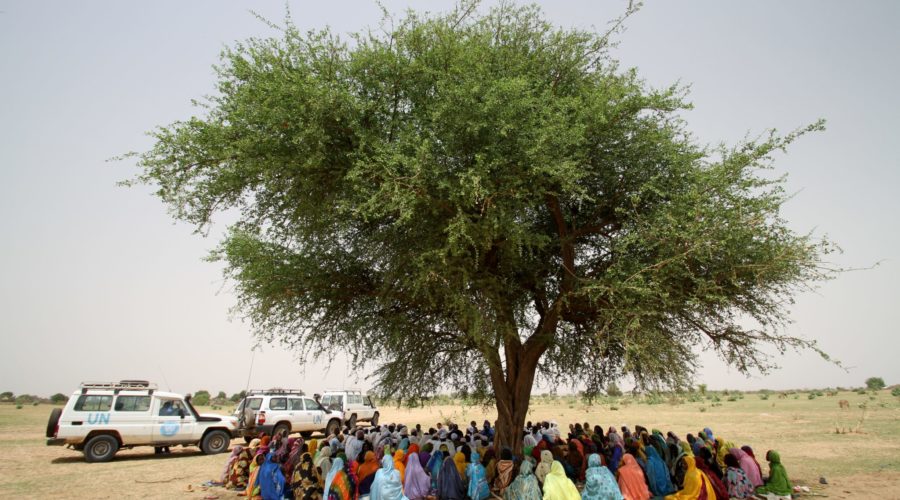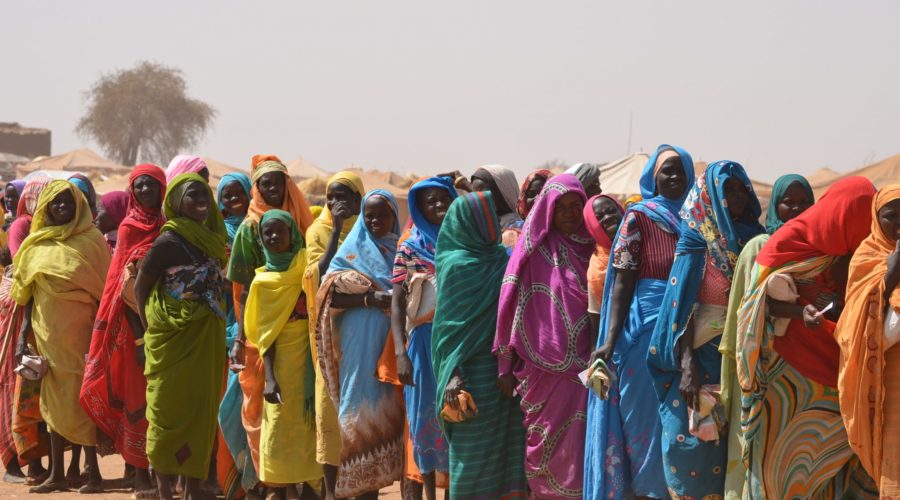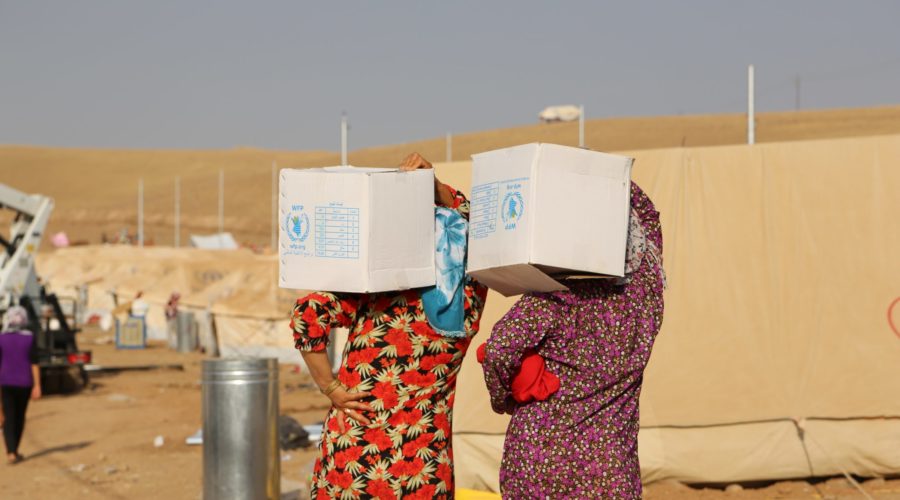Webinars
The P2P Support team hosts monthly webinars where humanitarian leaders discuss examples and insights on topical issues for field operations. The webinars provide leadership with a unique platform to exchange concrete examples of what practical steps they have taken to address key challenges.
HC Dialogue: “Towards meaningful Localization: how to walk the talk?”
Six major themes emerged from the presentation and discussion: Contexts where humanitarian space is limited or restricted offer particular opportunities…
HC Dialogue: COVID-19 vaccine roll-out in humanitarian settings
The Peer-2-Peer organized a Humanitarian Coordinators’ (HCs) Dialogue on “COVID-19 vaccine roll-out in humanitarian settings”, as a follow-up to the…
HC Dialogue: Bureaucratic and administrative impediments to humanitarian aid: trends and solutions
Over recent years and despite increasing humanitarian needs in many contexts, bureaucratic and administrative impediments (BAI) have significantly curtailed the…
HC Dialogue: Rollout of COVAX Humanitarian Buffer
The Peer-2-Peer organized a closed-door dialogue on “Rollout of COVAX Humanitarian Buffer” on 12 May 2021. The information shared during…
HC Dialogue: Reducing humanitarian needs in fragile contexts-development and humanitarian collaboration
The Peer-2-Peer organized a closed-door dialogue on “Reducing Humanitarian Needs in Fragile Contexts: Development and Humanitarian Collaboration” on 24 April…
HC Dialogue: COVID-19 Vaccine Rollout in Humanitarian Settings
The Peer-2-Peer organized a Humanitarian Coordinators’ (HCs) dialogue on “COVID-19 Vaccine Rollout in Humanitarian Settings”. The session was facilitated by…
HC Dialogue: PSEA
The Peer-2-Peer organized a closed-door dialogue on PSEA as a follow-up to the 25 November 2020 webinar on “Transforming outrage…
Prevention of Sexual Exploitation and Abuse – Translating outrage into urgent and transformative action
In recent years, the Inter-Agency Standing Committee (IASC) has made significant efforts to strengthen mechanisms to prevent and respond to…
IASC Light Guidance on Collective Outcomes: Humanitarian-Development-Peace Collaboration in the Context of Protracted Crises
Humanitarian-development collaboration and its linkages to peace are critical to effective humanitarian action. A key part of this collaboration…
ProCap and GenCap: Addressing protection and gender concerns during COVID-19
The Protection Standby Capacity (ProCap) and Gender Standby Capacity (GenCap) Projects are inter-agency projects established in 2005 and 2007 respectively…
COVID-19: Community Engagement and Communications strategy at the national/local level
In line with the security measures and in some cases total lockdown, community engagement is very challenging for the humanitarian…
COVID-19: Prevention and Protection measures in populated areas
In line with the IASC Principals request for further tools and guidance to be developed and best practices shared to…
COVID-19: How the System is responding to Supply chain, logistics and local market challenges
With the 16 April activation of the IASC Scale-Up Protocols to address the urgent humanitarian needs as a result of…
Duty of Care
There are a multitude of definitions attributed to the term ‘duty of care’, all relating to moral, legal and financial…
Engaging with Non-State Actors: Protecting civilians in armed conflict
Existing International Humanitarian Law (IHL) treaties are predominantly focused on states, and, while they have obligations under IHL, ANSAs cannot…
PSEA Implementation in Humanitarian Response: Ensuring a victim-centred approach
The Inter-Agency Standing Committee (IASC) is the primary mechanism for inter-agency coordination of humanitarian assistance, involving the key UN and…
Reform of the Inter-Agency Standing Committee: Where are we and how does it benefit humanitarian operations?
The Inter-Agency Standing Committee (IASC) is the primary mechanism for inter-agency coordination of humanitarian assistance, involving the key UN and…
Making the two-way relationship work between the strategic and operational leadership: HCT and ICCG linkages
In many humanitarian reviews and evaluations, weak collaboration between different components of the coordination architecture is often cited as…
Integrating national and local NGOs into humanitarian response: Where are we, two years after the World Humanitarian Summit?
The term “localisation” gained significant attention in the lead up to the World Humanitarian Summit in 2016 and subsequently became…
Education in Emergencies: Making Education a humanitarian and life-saving issue?
The primary purpose of humanitarian assistance is to save lives and reduce the suffering of people affected by a crisis. …
The whole is greater than the sum of its parts: How HCT members can work better together.
“The whole is greater than the sum of its parts.” Aristotle…
Violences basées sur le genre : Comment le leadership peut-il faire la différence ? (Fr)
Affectant plus de 70% des femmes au sein des crises humanitaires, les violences basées sur le genre représentent un terrible…
Localisation: Local Actors as Equal and Strategic Partners? Field Perspective
A year ago at the World Humanitarian Summit, donors, UN agencies, and INGOs committed to “making principled humanitarian action as…
Gender Based Violence: How Can Field Leadership Make a Difference?
Gender Based Violence (GBV) depicts any harmful act that is perpetrated against women, girls, boys, and men that is based…
Humanitarian-Development Nexus: What is the New Way of Working?
The majority of humanitarian operations around the world are protracted, with humanitarian appeals lasting for 7 years on average. Humanitarian…
Collective Accountability to Affected People: Moving Beyond Listening, Together
Accountability to Affected People (AAP) is “an active commitment by humanitarian actors and organisations to use power responsibly by taking…
Joint Needs Assessments: Doing it Right
Accurate and complete information is essential for creating a solid evidence-base to help Humanitarian Coordinators and Humanitarian Country Teams analyse…
Leadership on Protection: Why it Matters and How to do it
Humanitarian Coordinators and Humanitarian Country Teams are responsible for ensuring that protection is at the heart of humanitarian response. This…
Central Emergency Response Fund: The 1 Billion Dollar Question
The Central Emergency Response Fund (CERF) is one of the fastest and most effective ways to support rapid humanitarian response…
Protection of Civilians: Mission Impossible?
The championing of protection by senior humanitarian leaders, including Humanitarian Coordinators and Humanitarian Country Teams, is critical for putting protection…
Mettre fin aux abus sexuels par les humanitaires et les Casques bleus : Actions concrètes du terrain
L’exploitation et les abus sexuels commis sur les populations affectées par le personnel humanitaire et des missions de maintien de…
Localisation: As Local as Possible, as International as Necessary
The value of local actors to humanitarian response efforts is increasingly recognised. Local actors are often the first responders when…
Protection from Sexual Exploitation and Abuse: Practical Steps
Sexual Exploitation and Abuse (SEA) of affected people by humanitarian workers are one of the most basic failures of accountability…
Information Management: Is Information Management Guiding Strategic Analysis and Supporting Operations?
Information management is central to humanitarian operations. It helps identify needs and determine what actions to prioritise. Information management also…
World Humanitarian Summit: What Will it Mean for the Field?
The World Humanitarian Summit will be held on the 23-24 May 2016 in Istanbul. The Summit is based on Secretary-General…
Preparedness: What Can We Learn from the Nepal Response?
Preparedness ensures that international, national, and local humanitarian and development actors are prepared, ready, and have everything in place for…
Humanitarian Delivery and Access: Are We Delivering Where the Needs Are?
Access refers to the ability to deliver humanitarian services without jeopardizing the safety of humanitarian actors and personnel. Unfortunately, humanitarian…
Humanitarian Principles: Perspectives for the Field
Humanity, Neutrality, Impartiality, and Independence – are these principles applied in today’s humanitarian operations? Although there is wide-spread adherence to…
Cash: Are Cash Transfers Transforming Humanitarian Assistance?
The number of people affected by crises is increasing at a faster rate than resources are being provided to meet…
Efficacité, redevabilité et rapidité des opérations humanitaires : Réflexions du terrain sur la mise en œuvre de l’Agenda de Transformation.
Comment l’Agenda de Transformation peut-il aider les humanitaires à optimiser leur impact auprès des communautés affectées par les crises humanitaires?Deux…
Prioritisation in Humanitarian Operations: How to Prioritise When Everything is a Priority?
In a humanitarian crisis, it is impossible to meet all the needs – tough choices must be made. With humanitarian…
Donors and the Transformative Agenda: Where is the Money?
This webinar explores the link between efficient humanitarian response and funding. What makes the humanitarian response more efficient, and how…
Redevabilité envers les populations affectées: Prendre en compte, rendre compte et être tenus responsable
Prendre en compte, rendre compte et être tenus responsable -expressions à la mode, ou avantages pour les populations touchées? La…
Accountability to Affected People: Taking Account, Giving Account, and Being Held to Account
Taking account, giving account and being held to account – buzzwords or benefits for people in crises? What does accountability…
Inter-Agency Rapid Response Mechanism: Are they Contributing to a Faster, More Effective Humanitarian Response?
In self-assessments carried out on the effectiveness of a response, the speed of delivery often has the lowest score. At…
Inter-Cluster Coordination Group: Is Coordination between the HCT and ICCG Strategic?
How does the interrelation between Humanitarian Country Teams (HCT) and Inter-Cluster Coordination Groups (ICCG) affect humanitarian response? How can the…
Sign up to our Mailing list



